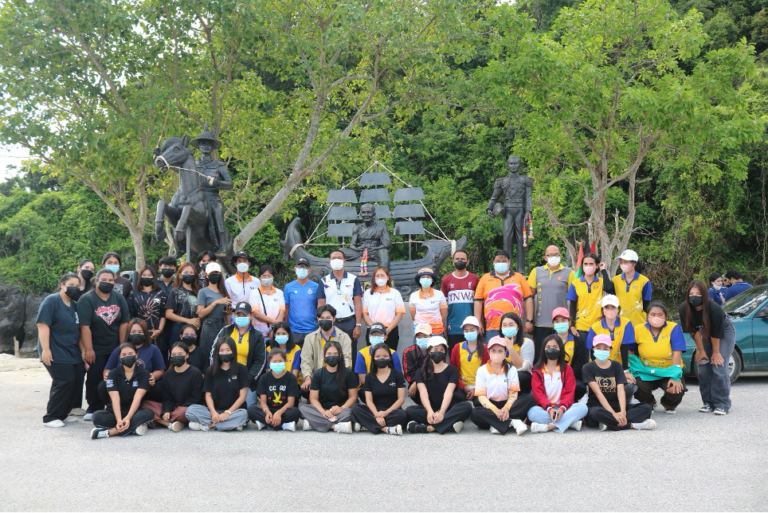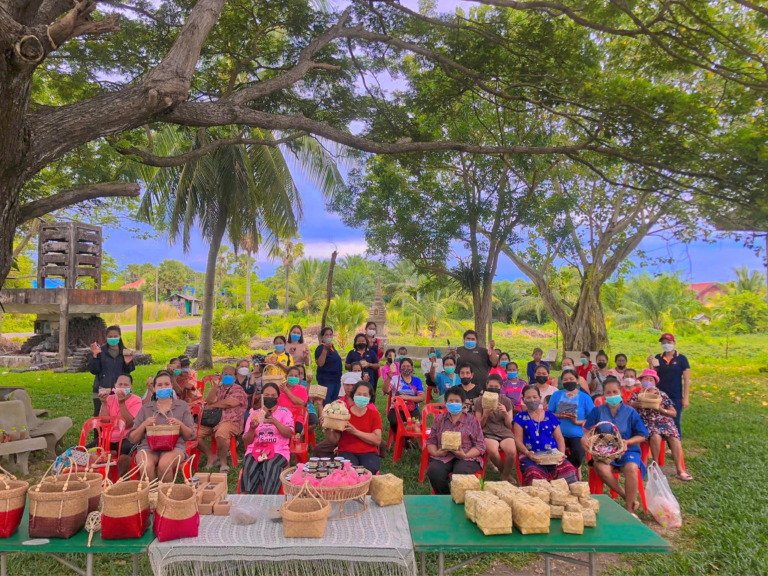Reporters :
Asst.Prof. Saowanee Chaipech
Dr. kittichon Utaynapun
Mr. Ugrit Chammari
Evidence Date: 8 March 2022 – 20 December 2022
Indicator : 12.2.3
Related SDGs:

The proper disposal of waste and hazardous materials is an integral part of RUTS’ key objectives, fostering sustainable development. In accordance with RUTS’ policies, the promotion of ethics and innovation in food production and related aspects within the university and its associated sectors, with a particular focus on food safety, resource conservation, and waste reduction, is a vital goal. RUTS has pioneered innovations pertaining to food waste management and the utilization of food scraps to achieve its objectives successfully. The project for the development of technology to transform food waste into organic fertilizer using local microorganisms has received research funding from the Thai government (evidence 1). Moreover, RUTS place a significant emphasis on the separation of hazardous waste. We have established a hazardous waste separation process (evidence 2), such as damaged fluorescent light bulbs, whereby we segregate and store them in a centralized facility before delivering them to specialized disposal agencies (local municipalities in the area).
Evidence I: Food waste disposal by using biotechnology
Efficiently managing food waste through the utilization of indigenous microorganisms represents an innovative contribution from RUTS research staff. The project, titled ‘Knowledge Dissemination on Sustainable Integrated Smart Agriculture Innovation,’ has developed a set of microorganisms and a waste disposal process capable of converting 400 kg of food waste into 180 kg of organic fertilizer within a span of three weeks. Additionally, we facilitated the transfer of technology to external partners engaged in RUTS food supply chains.



Evidence II: Hazardous waste separation process
RUTS is a large organization that extensively utilizes fluorescent and LED light bulbs, with each year resulting in the disposal of more than 1,000 bulbs. The separation and management of damaged fluorescent and LED light bulbs are integral components of RUTS’ critical hazardous waste management policy. In every campus of RUTS, there are a centralized facility for damaged fluorescent and LED light bulbs, which are subsequently forwarded to the disposal process managed by specialized local government hazardous waste management agencies.





